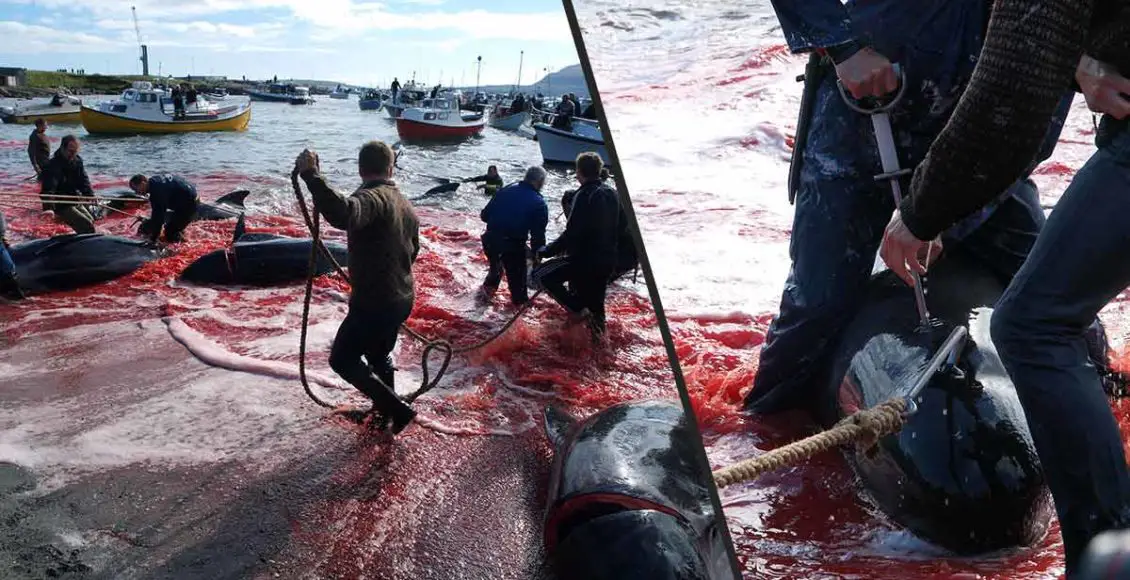Amid falling numbers of almost all whale species in the world ocean, Japan has announced its plans to renew commercial whaling as of July this year.
The island country halted commercial whaling back in 1988 following a moratorium adopted six years before that by the International Whaling Commission (IWC).
Still, Tokyo has been hunting whales since 1987 for what it terms as “scientific research”, The Japanese Times reports.
In December 2018, Japan officially notified the whaling regulator of its intentions to withdraw from IWC, after its proposal to resume commercial whaling and change decision-making rules at the body was rejected last September.
“This declaration is out of step with the international community, let alone the protection needed to safeguard the future of our oceans and these majestic creatures,” said Sam Annesley, executive director at Greenpeace Japan, as quoted by CNN.
“The government of Japan must urgently act to conserve marine ecosystems, rather than resume commercial whaling,” he added.
At the same time, Japan’s whale hunting tradition is not without its supporters.
“My own view, however, is that the decision to leave the IWC was a wise one. For many years, it has been obvious that it has been failing to fulfill its function as an international regulatory body. I have covered three of its general assemblies and been struck by the preponderance of emotional arguments and the stubborn refusal to contemplate concessions or compromises. When I first visited, I was astonished that such a dysfunctional international body could be allowed to exist,” Nippon.com’s Sasaki Megumi observes.
He goes on to say that when it was founded back in 1948, IWC’s primary function was to regulate the proper management of whale stocks, while now it has become an ardent adversary of whaling altogether.
Mr. Megumi further argues that some of the organization’s members like Mongolia, for instance, are landlocked countries and have nothing to do with whaling. He also maintains that countries with long traditions in whaling such as Japan, Iceland, and Norway are for sustainable whaling, while the other IWC members “take issue to the idea of killing whales in any circumstances”.
Having withdrawn from the International Whaling Commission, Japan has also vowed to discontinue whaling in international waters, including the rich waters of the southern Antarctic. Its fleet will be hunting whales only in its own territorial waters, where their catch is going to be less plentiful, MailTribune reports.
But it’s also a step into the unknown.
With costs high and demand low, many experts wonder whether commercial whaling is economically sustainable.
Aside from the ethics of continued whaling in the context of global warming and incessant plastic pollution of the oceans, economic experts have come to question whether commercial whaling is worth the effort, given the high costs of the end product and the ever-shrinking demand.
Junko Kojima, keeper of a traditional whale restaurant in the city of Shimonoseki, on the westernmost tip of Japan’s main island of Honshu, has voiced concerns that the whale meat hunted closer to Japan may not be as good as the one coming from the Antarctic.
“This city has a long history of whaling in the Antarctic. It’s as if one big chapter of our history has closed,” said Mitsuhiro Kishimoto, a researcher at Shimonoseki City University, as quoted by MailTribune.



